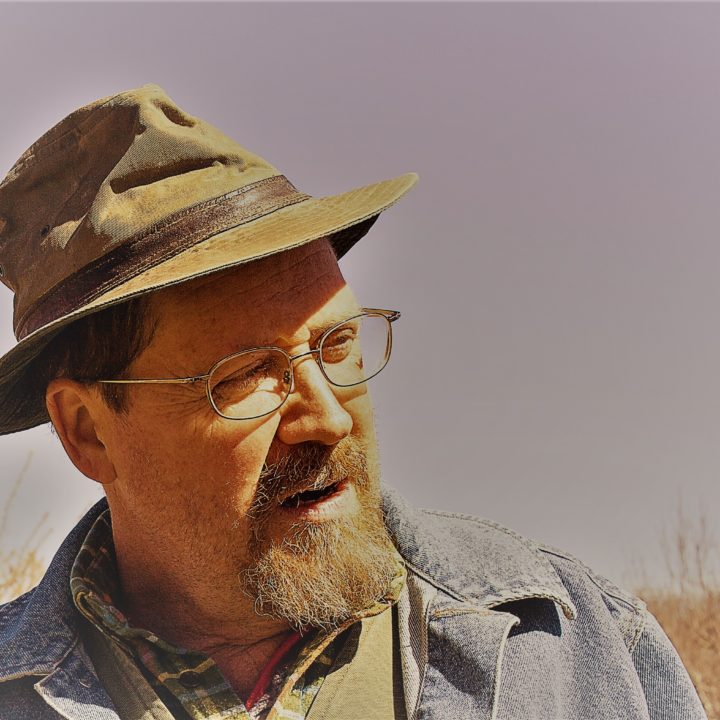January, in theory, should be a slower month on the farm. So forgive my pique this Saturday morning when the rooster — who should be sleeping in on these post-solstice, light-deprived days —begins crowing before dawn. Opening my eyes for a squint, I read the red glow of the clock at 5:58. I close my eyes and try to drift back off to sleep. After what seems many more minutes, I chance another glance: 6:02.
Resigned, I drag myself from under the covers, gather up my overalls, and feel my way downstairs in the darkness to start the morning coffee. The 6 o’clock hour is my natural wakeup time without an alarm clock, regardless, so nothing lost.
Over coffee I contemplate the to-do list of the day, then dress and head out into the cold. Of late, our morning chores seem to have expanded. Currently we have pigs in three different paddocks. Water needs to be checked, feed delivered, bedding inspected, back scratches administered. Caesar, the draft horse, needs hay, his fresh manure shoveled and added to a growing compost pile, and the gate opened to his pasture, which in mid-January has little grass, yet still manages to absorb him all day in the search.
The hens take the least time in the morning: simply open the gate of the chicken run to the outside world, scatter a bit of grain, and let them do what they do best — chase cold-hardy bugs and get chased in return by the amorous rooster. We collect eggs in the evening, what little there are in these short winter days, saving that extra step in the morning.
In the sequence of chores, I usually check on the sheep, but this morning I decide to first feed the cattle, who get fed every other day. That requires fueling, then warming up the tractor, scooping out a bucket of grain, and putting hay spears on the front and back of the tractor. The bucket of grain is just an enticement, a path to the bovine heart, as it is for all God’s creatures.
The cattle are in the back forty, a half-mile’s journey through the woods. They meet me at the gate leading to the upper pastures. After a bit of jockeying so the tractor can get through (a nod of thanks to Becky, our English shepherd), I continue up the hill to the feed trough. I toss the grain in, count heads, and drive to another field, where I roll back a tarp to uncover a stack of round bales, then pick up a bale with the front spear, turn the tractor around, and lance another on the back hay spear.
Bales fore and aft, I head back across the fields to the cattle. While they are busy licking the trough, I roll out a hay bale across 50 yards of pasture. This allows them to eat as if grazing, and fertilizes along the path in the process.
Cattle counted, fed, and content, I climb back on the tractor and head back through the woods to the lower portion of the farm. I arrive to find our weekend helper, armed with a to-do list from Cindy, busy loading hay in the barn to carry to the pigs in the woods. An arctic blast is coming, and we need to make sure they have plenty of hay in which to burrow down.

Two ewe-lambs born the next morning.
Our helper greets me by asking if I have seen the new twin lambs. I had not. Two beautiful ram lambs, the first of, we hope, 20 or more, are busy nursing their mom — a wondrous sight, no matter how often witnessed.
Although it is now just 9 a.m. and we have plenty to do the rest of the morning, I feel as if the day is done on our small farm. I turn back from the barn and walk up to the house to catch up with Cindy. She had been busy separating and attending to the new mom and lambs, but I find her inside, just hanging up the phone. She is off to another farm to collect a gilt (a young female pig) who’s been with a neighbor’s boar the past few days. I grab another cup of coffee and go back outside, to begin anew a slow January farm day.
Reading this weekend: rereading selections from In Your Stride by A.B. Austin, a guide to walking England written in 1931






